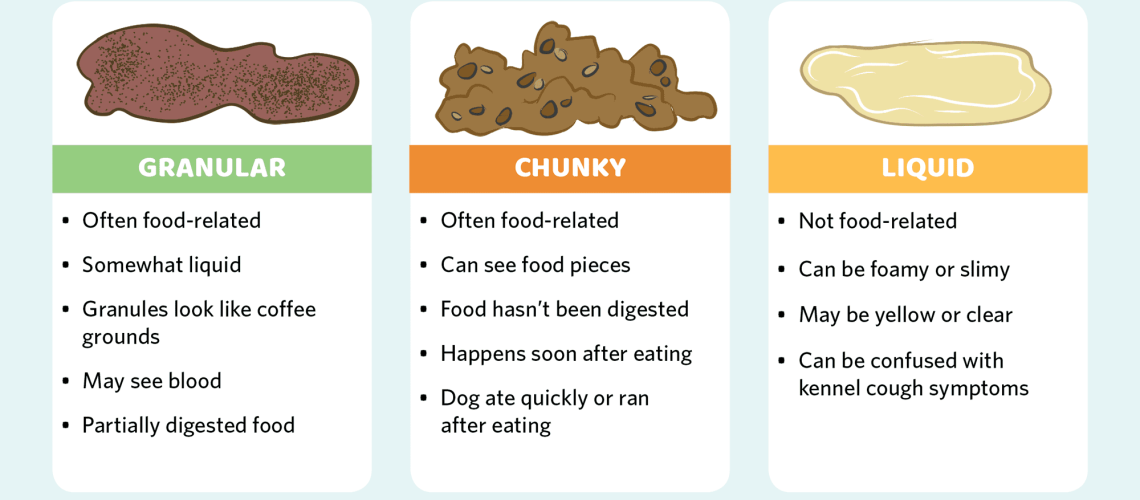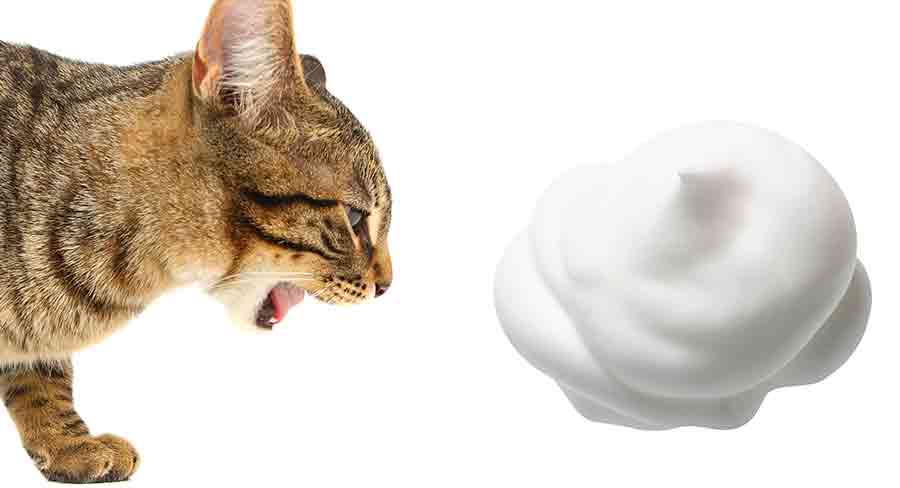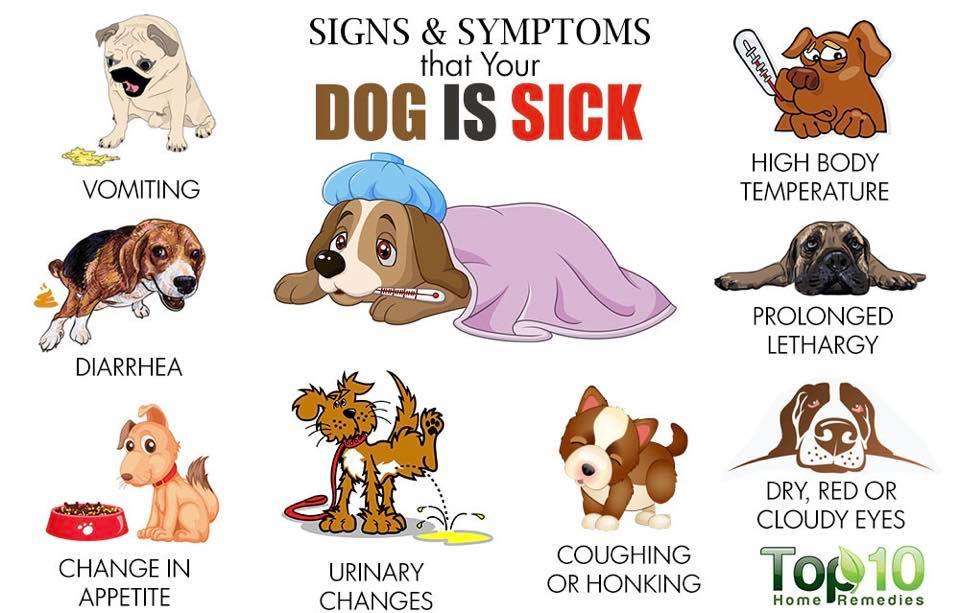Key Takeaways:
- Vomiting white foam in dogs can be caused by a variety of factors, including an empty stomach, gastritis, or even more serious conditions.
- If your dog is vomiting white foam but seems otherwise healthy and is still eating and drinking normally, it may just be due to an empty stomach. Offering small, frequent meals can help alleviate this issue.
- If your dog's vomiting is accompanied by other symptoms such as loss of appetite, lethargy, or diarrhea, it's important to consult with a veterinarian to determine the underlying cause and appropriate treatment.
- A sudden onset of vomiting white foam in dogs can be a sign of a more serious condition, such as pancreatitis or gastrointestinal obstruction. Immediate veterinary attention should be sought in these cases.
- While waiting for veterinary advice or assistance, it is recommended to withhold food and water for a few hours to allow your dog's stomach to settle. However, if the vomiting continues or worsens during this time, contact your vet immediately.
Are you a proud dog owner who wants to ensure the health and well-being of your furry friend? If so, then understanding what to do if your dog is vomiting white foam is essential knowledge that can save your pet from potential harm. It's not uncommon for dogs to experience bouts of vomiting, but when it's accompanied by white foam, it could be a sign of something more serious. In this article, we will delve into this topic and provide you with valuable insights on how to identify the cause of your dog's vomiting and take appropriate action. By the end, you'll have the confidence and knowledge to help your beloved companion in times of distress. So let's jump right in!
Why is my dog vomiting white foam?
When a dog vomits white foam, it can be a sign of various underlying issues. One possible cause is that your dog may have an upset stomach. This can happen if your dog ate something that doesn't agree with their digestive system, such as spoiled food or a foreign object. Another possible cause is excessive acid production in the stomach, which can irritate the lining and lead to vomiting.
Another reason for your dog vomiting white foam could be due to a condition called bilious vomiting syndrome. This occurs when there is an accumulation of bile in the stomach overnight, and when your dog's stomach is empty in the morning, it can trigger vomiting.
Possible causes for my dog vomiting white foam
There are several potential causes for why your dog may be vomiting white foam:
- An upset stomach from eating something unusual or spoiled
- Excessive acid production in the stomach
- Bilious vomiting syndrome
- Gastroenteritis (inflammation of the stomach and intestines)
- Dietary indiscretion (eating too quickly or consuming something inappropriate)
Home remedies to try if my dog is vomiting white foam
If your dog is only experiencing occasional episodes of vomiting white foam and is otherwise acting normal, you can try some home remedies to help alleviate their symptoms:
- Withhold food for at least 12-24 hours to give their stomach a chance to settle.
- Offer small amounts of water or ice cubes every few hours to prevent dehydration.
- If they tolerate the water well, gradually reintroduce small amounts of bland food, such as boiled chicken and rice.
- Monitor their condition closely and consult with your veterinarian if the vomiting persists or worsens.
Should I be worried if my dog only vomits white foam and doesn't eat or drink?
If your dog is vomiting white foam and refusing to eat or drink, it is a cause for concern. This could be a sign of a more serious underlying issue, such as an obstruction in the digestive tract or pancreatitis. It is important to seek veterinary attention promptly to determine the cause of the symptoms and provide appropriate treatment.
Foods or treats that may cause dogs to vomit white foam
Some foods or treats can trigger an upset stomach in dogs, leading to vomiting white foam. These include:
- Fatty foods: Rich, greasy foods can be difficult for dogs to digest and may cause stomach irritation.
- Dairy products: Dogs are often lactose intolerant, so consuming dairy products can lead to digestive upset.
- Bones: Consuming bones, especially cooked ones, can splinter and cause gastrointestinal blockages or irritation.
- Human medications: Certain medications that are safe for humans can be toxic to dogs and cause vomiting.
When should I take my dog to the vet for continuous vomiting of white foam?
If your dog continues to vomit white foam despite home remedies or if they show other concerning symptoms, it is crucial to seek veterinary care. You should take your dog to the vet if:
- The vomiting becomes frequent and persistent
- Your dog appears lethargic or weak
- There is blood in the vomit
- Your dog has a distended abdomen or shows signs of pain
These symptoms could indicate a more severe condition that requires immediate medical attention.
Possible causes for my dog vomiting white foam
1. Gastric Disturbances
Gastric disturbances, such as indigestion or an upset stomach, can be a common cause of dogs vomiting white foam. This can occur when your dog eats too quickly, consumes something that doesn't agree with their stomach, or experiences stress or anxiety. When these issues arise, the stomach may produce excess acid, leading to the production of foam during vomiting.
2. Gastrointestinal Obstruction
Another possible cause for your dog vomiting white foam could be a gastrointestinal obstruction. This occurs when there is a blockage in your dog's digestive system, preventing food and fluids from passing through properly. The body may respond by producing excessive saliva and foam during vomiting as it tries to clear the obstruction.
3. Kennel Cough
Kennel cough is a highly contagious respiratory infection that can cause dogs to cough forcefully and expel white foamy mucus. While kennel cough typically resolves on its own within a few weeks, it's important to monitor your dog's symptoms and seek veterinary care if they worsen or persist.
It's essential to remember that these are just a few potential causes for your dog vomiting white foam. If you're concerned about your pet's health, it's always best to consult with a veterinarian for an accurate diagnosis and appropriate treatment plan.
Home remedies to try if my dog is vomiting white foam
If your dog is experiencing occasional episodes of vomiting white foam without any other concerning symptoms, you may consider trying some home remedies before seeking veterinary care. However, it's crucial to note that these remedies should only be used as temporary solutions and not as substitutes for professional medical advice.
1. Withhold Food Temporarily
One of the first steps you can take is to withhold food from your dog for about 12-24 hours. This allows their stomach to settle and reduces the chances of further irritation. Make sure to provide plenty of fresh water during this time to prevent dehydration.
2. Offer Small, Bland Meals
After the fasting period, gradually reintroduce small, bland meals to your dog's diet. Boiled chicken and rice are often recommended as they are gentle on the stomach. Avoid adding any seasonings or oils that may exacerbate digestive issues.
3. Monitor Your Dog's Behavior
Keep a close eye on your dog's behavior and overall well-being during this time. If they continue vomiting or show signs of distress, it's crucial to seek veterinary attention promptly.
Remember, while these home remedies may help alleviate mild cases of vomiting white foam in dogs, it's essential to consult with a veterinarian if the symptoms persist or worsen.
Should I be worried if my dog only vomits white foam and doesn't eat or drink?
If your dog is consistently vomiting white foam and refusing food or water, it could be an indication of a more serious underlying issue that requires immediate veterinary attention. While occasional episodes of vomiting may not be cause for alarm, prolonged refusal to eat or drink can lead to dehydration and further complications.
Possible Causes:
- Gastrointestinal blockage: A complete obstruction in the digestive system can prevent food and fluids from passing through.
- Pancreatitis: Inflammation of the pancreas can cause severe abdominal pain and loss of appetite.
- Kidney disease: Dogs with kidney problems may experience nausea, leading to a lack of interest in eating or drinking.
- Infections: Certain bacterial or viral infections can cause gastrointestinal upset and appetite loss.
If your dog exhibits these symptoms along with continuous vomiting of white foam, it's crucial to seek veterinary care immediately. The veterinarian will be able to diagnose the underlying cause and provide appropriate treatment to ensure your dog's well-being.
Foods or treats that may cause dogs to vomit white foam
While most dogs can tolerate a wide range of foods, some individuals may have sensitivities or allergies that can lead to vomiting white foam. Here are a few common culprits:
1. Rich or Fatty Foods
Feeding your dog rich or fatty foods, such as bacon, sausage, or fried items, can trigger digestive upset and result in vomiting. These foods are harder for dogs to digest and may lead to excessive production of stomach acid.
2. Dairy Products
Dairy products like milk, cheese, and ice cream contain lactose, which many dogs have difficulty digesting. Consuming dairy can cause gastrointestinal distress and lead to vomiting white foam.
3. Certain Fruits and Vegetables
While fruits and vegetables are generally healthy for dogs, some varieties can cause digestive issues in certain individuals. Grapes, raisins, onions, garlic, and avocados are known to be toxic to dogs and may induce vomiting.
It's important to note that every dog is unique, and their tolerance for different foods may vary. If you suspect a specific food or treat is causing your dog to vomit white foam consistently, it's best to eliminate it from their diet and consult with a veterinarian if the symptoms persist.
When should I take my dog to the vet for continuous vomiting of white foam?
Continuous vomiting of white foam in dogs should not be ignored as it could indicate an underlying health issue that requires veterinary attention. While occasional episodes of vomiting may not be cause for immediate concern, you should seek veterinary care if any of the following situations occur:
1. Persistent Vomiting
If your dog continues to vomit white foam for more than 24 hours or experiences frequent episodes of vomiting within a short period, it's essential to consult with a veterinarian. Prolonged vomiting can lead to dehydration and other complications.
2. Other Distressing Symptoms
If your dog exhibits additional concerning symptoms alongside continuous vomiting, such as lethargy, diarrhea, abdominal pain, loss of appetite, or changes in behavior, it's crucial to seek veterinary care promptly. These symptoms may indicate a more severe underlying condition that requires immediate attention.
3. Pre-existing Health Conditions
If your dog has pre-existing health conditions or is on any medications that could contribute to their vomiting, it's important to inform your veterinarian. They will be able to assess the situation comprehensively and provide appropriate guidance based on your dog's specific needs.
Remember, as a responsible pet owner, you know your dog best. If you have any concerns about their health or well-being, it's always better to err on the side of caution and consult with a veterinarian for proper diagnosis and treatment.
In conclusion, if your dog is vomiting white foam, it may be due to an empty stomach or a minor issue. You can try feeding them small meals and monitoring their behavior. However, if the vomiting continues or your dog shows other concerning symptoms, it's important to consult a veterinarian for proper diagnosis and treatment.
Why is my dog vomiting white foamy liquid?
Some potential reasons why a dog may vomit or regurgitate white foam include indigestion, acid reflux, eating something inappropriate, infections, heat stroke, kidney disease, parvo, pancreatitis, and bloat. It is also worth noting that dogs with kennel cough may also bring up white foam, which can be confused with vomiting.
When should I worry about my dog throwing up white foam?
Providing this should assist in calming their stomach, but if they persist in vomiting white foam or displaying other indications of discomfort such as diarrhea, difficulty breathing, laziness, or pain, it is advisable to consult a veterinarian.
How can I settle my dogs stomach?
Chicken and rice are commonly used in dog food because they are gentle on a dog's stomach and are easy to digest. To make this simple meal, all you need is boneless, skinless chicken breasts and rice.
How do I know if my dog throwing up is serious?
Knowing when to bring your dog to the veterinarian is crucial. It is important to closely observe your dog for any signs of illness. If your dog vomits multiple times in a day without a break or continuously for more than 24 hours, it is advised to seek veterinary care. However, occasional vomiting of mucus may not be a cause for worry.
What can I give my dog to stop throwing up?
Many cases of dog vomiting are caused by stomach inflammation, so a common treatment involves feeding a simple diet such as boiled chicken, white fish, white rice, or sweet potato. In addition, anti-nausea medication may be prescribed by a veterinarian.
What does parvo vomit look like?
Vomit can appear clear, yellow, or brown, while diarrhea may contain blood and have a light yellow or mustard color. Along with frequent vomiting, your puppy may also exhibit drooling or foaming at the mouth as symptoms of parvo.

















